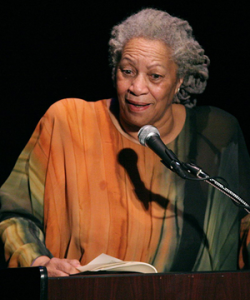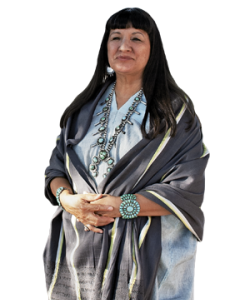Writing Within a Community, Choosing the Novel, and More
Clare Beams discusses early sources of inspiration; Matvei Yankelevich continues his series examining the professionalization of the small press world; Kate Knibbs considers recent works of “doomer” literature; and other stories.










